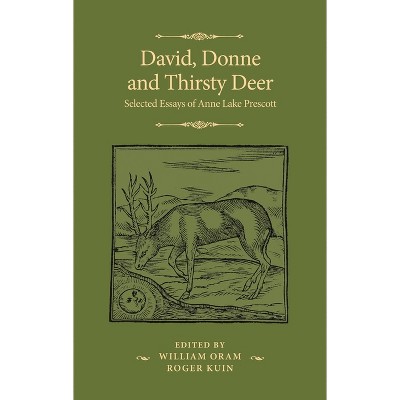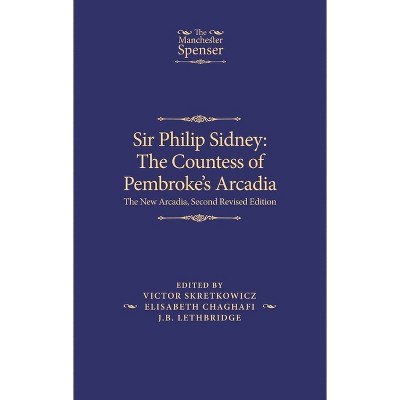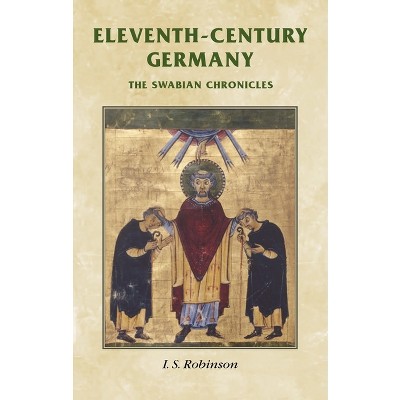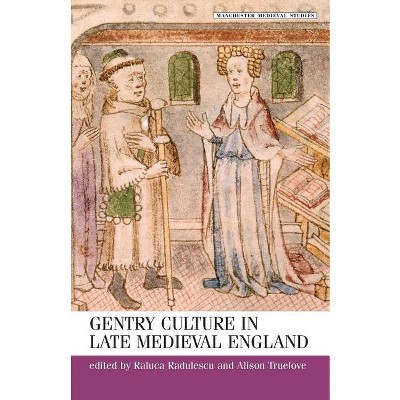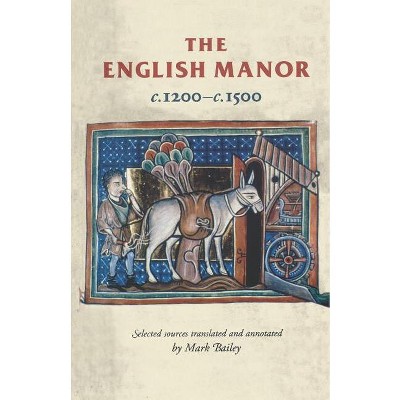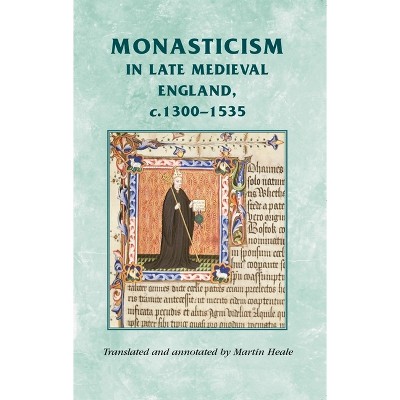Sponsored

Spenserian Tracts - (Manchester Spenser) by Hiram Morgan (Hardcover)
Pre-order
Sponsored
About this item
Highlights
- Morgan's study of key texts situating Edmund Spenser and the plantation in Munster in the late 1590s reveals not only a hatred and abiding fear of the Catholic Irish but also disturbing tensions with the state in England including the Queen herself.
- About the Author: Hiram Morgan is Senior Lecturer in History at University College Cork
- 272 Pages
- Literary Criticism, Renaissance
- Series Name: Manchester Spenser
Description
About the Book
A detailed exploration of key documentary sources relating to the end of Edmund Spenser's time as a planter in Ireland in the midst of a dangerous Irish revolt that reveals a lot about the colonial and religious mentalities involved in Elizabethan England's imperial venture in Ireland. It makes novel use of stylometric tests to delve deeper into the authorship of these controversial texts.Book Synopsis
Morgan's study of key texts situating Edmund Spenser and the plantation in Munster in the late 1590s reveals not only a hatred and abiding fear of the Catholic Irish but also disturbing tensions with the state in England including the Queen herself. In doing so, he has combined traditional historical and literary methods with stylometric document testing to reveal the authorship of these controversial contemporary tracts. Overall this insightful book reimagines the English colonial mentality of the period by examining its underbelly of anonymous texts.From the Back Cover
This book explores the English response to the sudden and devastating 1598 revolt against the Munster colony through two anonymous texts that have been associated with the poet and planter Edmund Spenser.
Set against the background of nationwide unrest in Ireland and the ongoing Anglo-Spanish conflict, both the Brief Discourse and longer Supplication display huge vitriol against the untrustworthy Irish and their Catholic conspiracies and demand rapid action by the state in London to save the beleaguered colonists and England's control of Ireland as a whole. The more extreme, propagandistic and providentialist Supplication wanted revenge and was openly contemptuous of Queen Elizabeth for not doing her duty as a godly prince to defend those striving with their own blood and treasure to make Ireland a more civilized place.
As well as contextualizing the documents and exploring the mentalities, themes and literary influences involved, this study also explores the problems of their authorship looking at a variety of English colonists, clergy and officials in Ireland in addition to Spenser himself. Eventually the laborious process of stylometric testing was used to compare the two anonymous texts against 21 other contemporary writings. The tests established Spenser as author of the Brief Discourse, which was already odds on, but discovered an entirely unexpected author for The Supplication who was not known to have been in Munster in 1598.
These important texts have been fully annotated and are presented to the public in modernized English.
About the Author
Hiram Morgan is Senior Lecturer in History at University College CorkShipping details
Return details
Trending Book Pre-Orders






